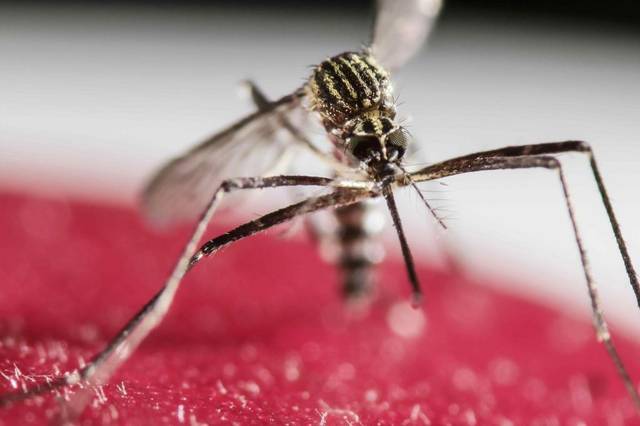Health News – What do you really know about the Zika virus? Well, if you’re like the folks that Harvard School of Public Health recently asked…not much. But this is true of most topics when it comes to the dumbing down of the USA.
The Harvard researchers polled over 1,000 American adults — including 105 people living in households where someone is pregnant or considering pregnancy — and found some gaping awareness about the spreading virus.
So to freshen up your Zika knowledge, we clarify some of the biggest misconceptions.
Is There a Link Between Zika Virus and Birth Defect?
Approximately one in four people that Harvard polled is not aware of the association between Zika virus and the birth defect microcephaly.
Microcephaly is, in fact, one of the biggest concerns. Evidence is mounting that Zika infection in any stage of pregnancy may be causing microcephaly, a condition that results in abnormally small heads and underdeveloped brain in babies. Zika infection in pregnant women has also now been associated with other birth defects such as eye problems, hearing loss and impaired growth.
Is There a Vaccine for Zika?
Twenty percent surveyed in the Harvard poll mistakenly believe there is a vaccine to protect against the virus.
There is currently no vaccine to protect against Zika. According to the National Institute of Allergy and Infectious Diseases, there probably won’t be a Zika vaccine that is widely available, safe and effective for the next few years.
The good news, though, is that public health officials expect the first human trials of a Zika vaccine to begin this year.
How is Zika Transmitted?
According to the Harvard poll:
42 percent do not realize Zika virus can be sexually transmitted
31 percent mistakenly believe Zika virus is transmitted by coughing and sneezing
29 percent are unaware it can be transmitted through blood transfusions
Zika virus is mainly spread by mosquitoes, primarily the Aedes aegypti mosquito. But Zika can also be sexually transmitted. In fact, the virus can be detected in semen longer than it is found in blood.
The CDC recently advised couples who have been exposed to Zika to delay pregnancy. The most striking guideline was for men who have been exposed to the virus: they should use a condom or abstain from sex for at least 6 months.
According to the CDC, Zika virus may also be transmitted through blood transfusions. That’s why the American Association of Blood Banks recently issued guidance to travelers returning from areas with Zika: Don’t donate blood for 28 days.
Zika is not known to be spread by coughing and sneezing.
If I have Zika, I’ll Have Symptoms
At least 25 percent of adults in the Harvard research think infected individuals are “very likely” to show symptoms.
In fact, doctors largely ignored Zika at first in South America because the virus usually causes mild to no symptoms. One study suggests about 80 percent of people who are infected don’t even know they have the disease, while the other 20 percent mostly suffer just a rash, mild fever and headache.
Link to Nerve Disease
Nearly three-quarters of the people polled are unaware of a link between Zika virus and Guillain-Barré syndrome (GBS), which can cause paralysis.
The CDC is quite concerned about GBS and is actively investigating the link between Zika and this neurological disorder. The World Health Organization considers this association between the virus and the paralysis affecting seemingly healthy adults “alarming”.
GBS symptoms include arm and leg weakness, facial paralysis and problems with swallowing. These symptoms can last anywhere from a few weeks to several months, or longer.
The nationally representative poll was conducted by telephone, March 2-8.
by FELIX GUSSONE, MD and SHELLY CHOO, MD, NBCNews.com


